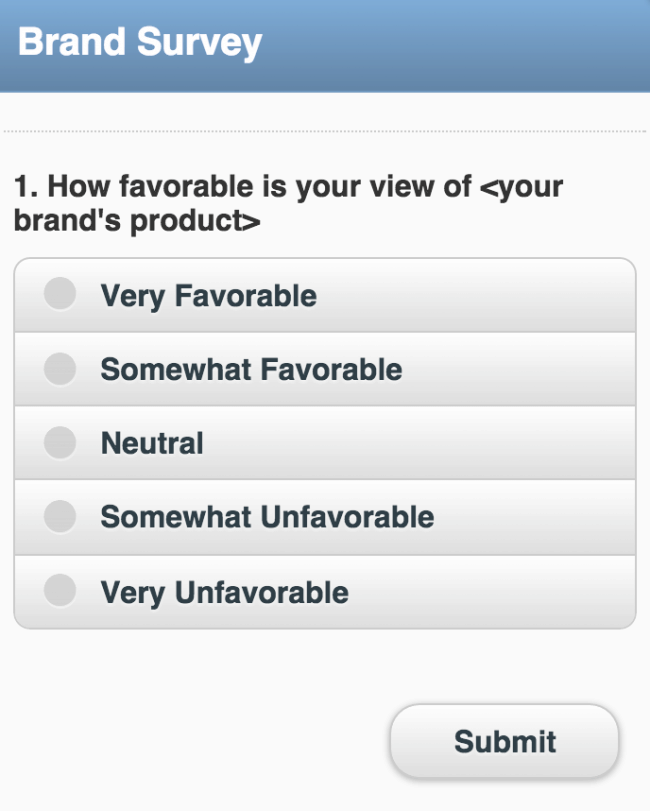As content marketing becomes more and more mainstream, brands are increasingly realizing that they can’t simply “do content marketing” and call it a day. No, they have to do it right, and they have to know that their content is actually working. But what does it actually mean to have content that works? And is it driving brand favorability?
That’s a huge question that brands are struggling with, as recent data shows that 78 percent of marketers struggle to measure the ROI of their content marketing. With bigger and bigger budgets being thrown into the brand journalism space, it’s important that companies have a real statistic they can rely on to prove that their storytelling is worth the investment.
At the heart of any good story is a narrative that your reader can connect with – this is true across any medium (TV, news, coloring books, B2B whitepapers, etc.). After all, if your reader isn’t engaged, they’re going to leave, maybe even with a bad taste in their mouth. As such, you don’t just want to look at how many unique visitors your content received, or what the total time-on-site for it was, or even how many people shared articles X, Y and Z.
Instead of measuring these surrogate statistics that just look at consumption, you want to survey how your readers actually feel about your brand and the stories you tell. You want to ask them, “How likely are you to purchase a [brand product] in the next six to twelve months?” or “How favorable is your view of [company]?” with a range of possible answers to capture consumer sentiment that let you see how your content is helping drive those (hopefully) positive results.
 Measuring Relative Impact
Measuring Relative ImpactNow that we know what to ask, we need to know how to gauge the impact driven by content marketing versus that attributable to your brand as a whole. Capturing this data cleanly is crucial to having useful and actionable information. In my next piece, I’ll look at how to accurately collect that data, as well as other types of records you may want to capture.
